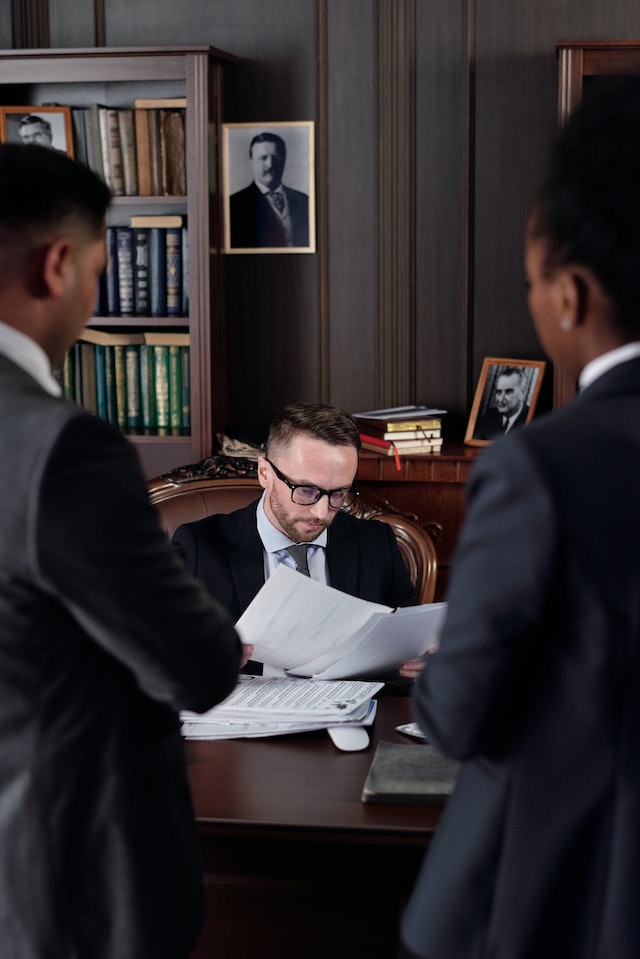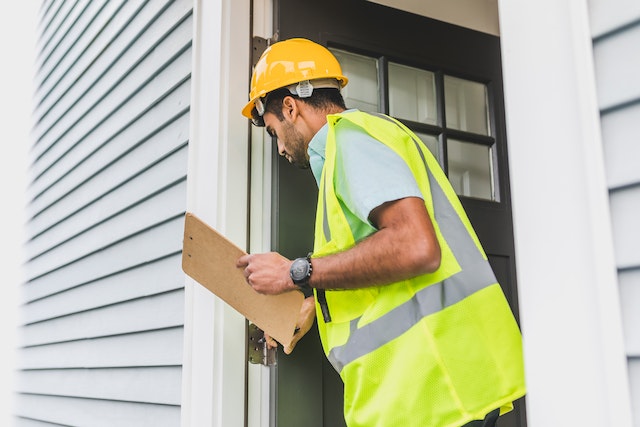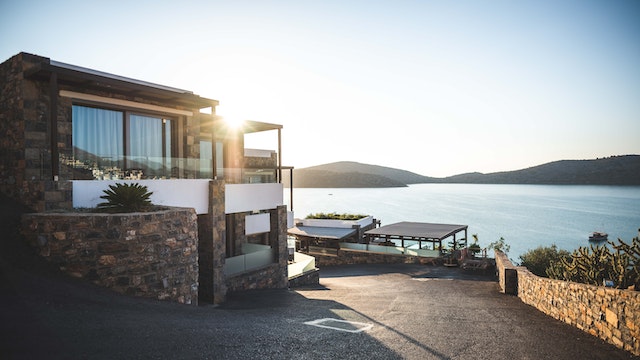- Research local housing markets to understand property prices, rental yields, and demand.
- Familiarize yourself with the legal requirements and restrictions in the country of purchase.
- Consider your budget, extra expenses, and currency fluctuations when making payments.
- Carefully inspect the property and hire a local surveyor or inspector before committing.
- Work with experienced local professionals to ensure a successful purchase.
This is a contributed post and does not necessarily reflect the opinions of Meet The Harris Family.
After years of steady growth, the global housing market has shrunk in response to higher interest rates imposed by central banks attempting to control inflation. Policy rates have consequently risen on average by four percentage points and are now back at pre-crisis levels. This shift demonstrates how these markets respond when faced with a changing economic landscape.
Buying a property abroad can be an exciting and profitable venture, offering the opportunity to make great returns on your investment and live the dream of owning a home in a foreign land. However, it’s essential to approach this process with caution and due diligence, as property laws, taxes, and bureaucratic procedures can vary significantly from one country to another. This comprehensive guide will delve into the ins and outs of purchasing real estate overseas, exploring the key factors to consider and avoiding potential pitfalls that could turn your dream into a costly nightmare.

Choosing a Location
The first and most crucial step in buying property abroad is finding the right location that suits your needs, budget, and lifestyle preferences. Consider factors such as climate, language, cultural differences, availability of amenities, and proximity to family and friends.
Local Housing Market
Additionally, research the local housing market to understand property prices, rental yields, and housing demand. Keep in mind that some countries offer more favorable conditions for foreign property buyers in terms of property rights, taxation, and mortgage availability.
Political Situation
Check the political situation in the country since it can affect property prices. When the government supports real estate, it can lead to a flourishing market. On the other hand, an unfavorable political atmosphere can cause a property market to wane.
Legal Requirements and Restrictions

Property ownership and transfer laws differ significantly between countries, so it’s crucial to familiarize yourself with the local regulations and restrictions regarding foreign buyers. Some countries may require that foreigners obtain a residency permit before purchasing a property. In contrast, others may limit the amount of property a non-national can own. For instance, foreign nationals can only buy condominium units in the Philippines. So, if you plan to stay in the country, you should consider buying a condo unit in Paranaque.
Work with Professionals
It’s a good idea to consult with a local real estate attorney or agent who can guide you through the legal process and ensure you know of any potential issues. Also, investigate any taxes or fees that may apply to foreign property purchases.
Finally, it’s essential to understand the local laws for selling a property, as these can vary significantly from country to country. Understanding the legal requirements and restrictions before agreeing will help ensure your purchase is a smooth process.
Financial Considerations
Purchasing property abroad is often a significant investment, so it’s essential to carefully assess your financial situation, bearing in mind currency fluctuations and potential hidden fees. Determine your budget based on your income, savings, outstanding debts, and the costs of any loans you may need to take out.
Extra Expenses
You should also factor in extra expenses related to property ownership, such as insurance, taxes, utilities, and maintenance fees. When making payments, be cautious about exchange rates and the possibility of currency fluctuations impacting your investment. It’s a good idea to open a local bank account in your chosen country and obtain a mortgage from a local lender to minimize potential difficulties.
Finding and Inspecting the Property

Once you clearly understand the legal and financial aspects, it’s time to find your perfect property. Working with a reputable local real estate agent can make this process more manageable. They can guide your search and offer valuable insights into the local market.
Careful Inspection
Before making any commitments, visit and scrutinize the property, checking for any apparent issues or maintenance needs. It’s also wise to hire a local surveyor or property inspector to conduct a more in-depth examination and ensure no hidden concerns.
Renegotiate Whenever Necessary
If any problems are found, you can renegotiate the price or secure a discount before committing to purchase. Additionally, if issues are uncovered by a surveyor’s report after an offer has been accepted, you may be able to pull out of the sale without penalty.
Purchasing property abroad can be a rewarding experience. But it is essential to approach this venture with caution and due diligence. Considering the tips in the article, you’ll be well-equipped to make a successful purchase. Working with experienced local professionals, such as real estate agents, attorneys, and tax advisors, will prove invaluable in navigating the complexities of international property ownership, allowing you to enjoy the benefits of your investment with peace of mind.


